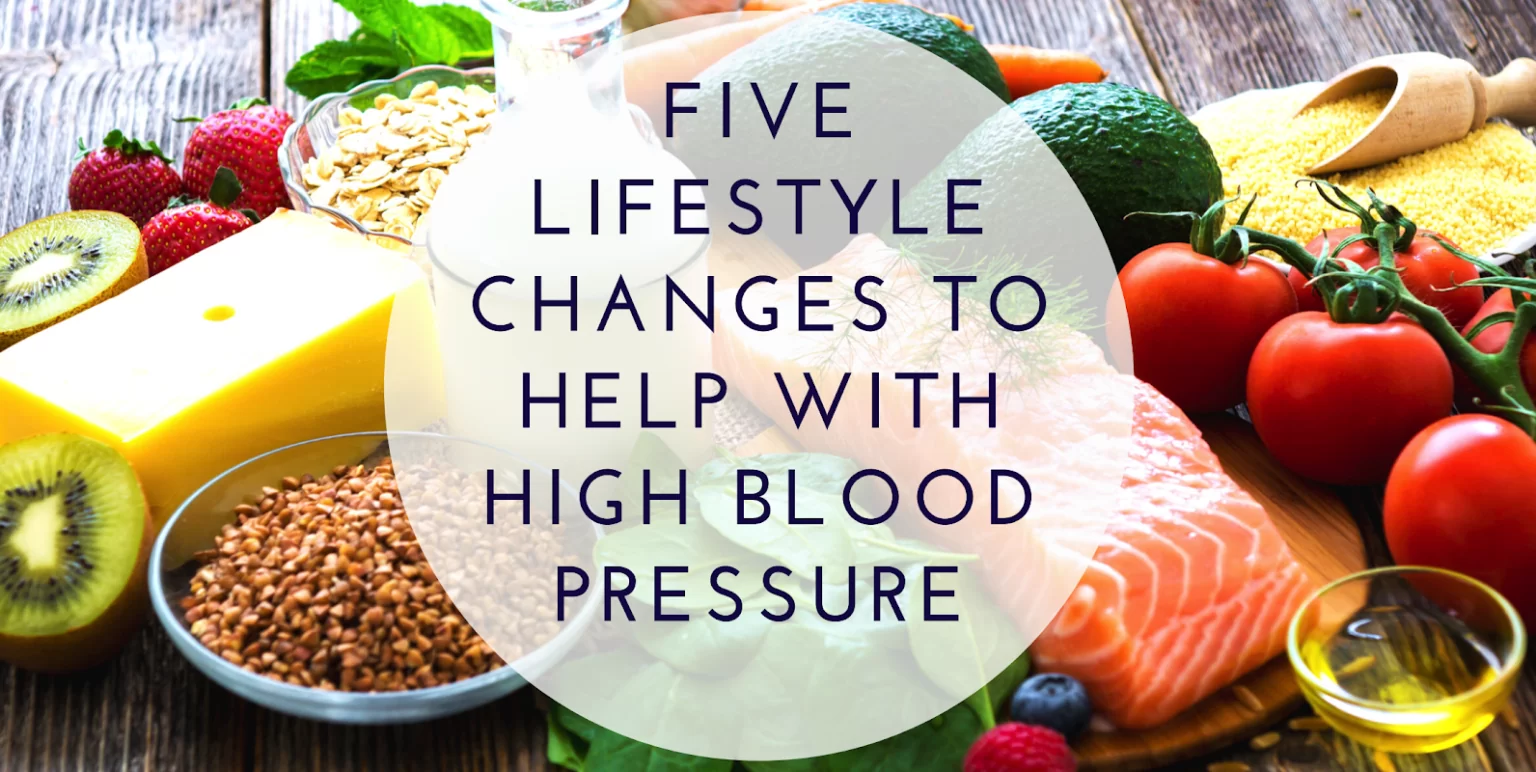
A Brief History of the Hypertension
The study of hypertension can be traced back to ancient cultures. In ancient Chinese and Indian Ayurvedic medicine, the quality of an individual’s pulse was seen as an indicator of the cardiovascular health of a person. This pulse quality, of course, could only be assessed by the trained hand of a physician.
In late 19th century London, a physician by the name of Frederick Akbar Mahomed first described the condition that would be known as essential hypertension. This doctor found that high blood pressure could apparently be found in relatively healthy individuals. The modern concept of hypertension, however, did not really get underway until the mercury sphygmomanometer that helped define the systolic and diastolic blood pressure. By the mid 20th century, checking one’s blood pressure with this handy tool became standard operating procedure for a routine medical checkup and/or examination at a doctor’s office or hospital.
Natural Ways to Combat High Blood Pressure
Everybody is different and there is no one size fits all solution for any medical malady. Yet, there are always things that we can do to lead a healthy lifestyle and mitigate the effects of normal stress of everyday life, aging, and medical conditions.
1. Exercise and Moving Your Body
You’ve likely heard this before but there are few other things that guarantee to help your health more than regular exercise. Regular exercise strengthens the heart. Whether you are doing cardiovascular exercise or strength training, they can both be beneficial to lowering high blood pressure and improving overall health. And you don’t have to start with anything crazy. A simple thirty-minute daily walk can begin to strengthen the heart and realign some functions in the body. Committing to a little more exercise and increasing the frequency or intensity will do even more to get you onto a path of good health.
2. Avoid Alcoholic Beverages
Drinking alcohol regularly can increase blood pressure. Alcohol is actually linked to about 16% of blood pressure cases around the world. If you are drinking more than one alcoholic drink per day, you might be doing yourself a bit of damage.
3. Watch Your Diet
There are plenty of dietary recommendations that can help with blood pressure. It all begins with avoiding processed foods and sugar and increasing your intake of vegetables, fruits, dairy, tuna, salmon, nuts and seeds, and beans. And don’t forget your bananas! One primary thing to keep in mind is your potassium intake, as it is an important factor in lowering blood pressure. The most important aspect of diet changes, of course, is consistency and trying to maintain the changes over a longer period of time. Also, don’t forget the berries. Berries are packed with some good stuff called polyphenols, which are natural plant compounds that are good for your heart. In addition to berries and veggies, try calcium-rich foods as well.
4. Toss the Cigarettes
This one should go without saying, as you’ve likely heard of the bad health effects that cigarettes have on people’s health. It is still worth mentioning though as it is an important one and still the leading cause of preventable disease and death in the United States. In 2018, according to the CDC, about 13.7% of adults currently smoke cigarettes. While this number has significantly gone down, if you are in this percentile, it might be time to toss the cigarettes for your heart’s sake.
5. Focus on Altering Your Stress Response
We all have stress. Whether you have kids, don’t have kids, or have lost your job or got a hectic job, you likely have stressors in your life. Whatever the stressor is, you might find that practicing a little meditation or purposeful altering or your stress response might help mitigate the negative effects of stress on your body. So what does this mean? Practice breathing techniques. Practice letting go a little bit. Maybe prayer or maybe simply re-directing the way that stress affects you. While you can’t completely eliminate the cause of stress in your life, you can certainly learn to control the way that it affects you and your health. Don’t let it overwhelm you or overpower you.
Visit Your Primary Care Physician to Check and Monitor Your Blood Pressure
Because it is a common condition, it is important that you keep an eye on it if you have already been deemed to have high blood pressure. If you suspect you have hypertension, pay us a visit here at Healthonomic Primary Care and we will assess your health and what we can do to improve your quality of life and overall well-being.
